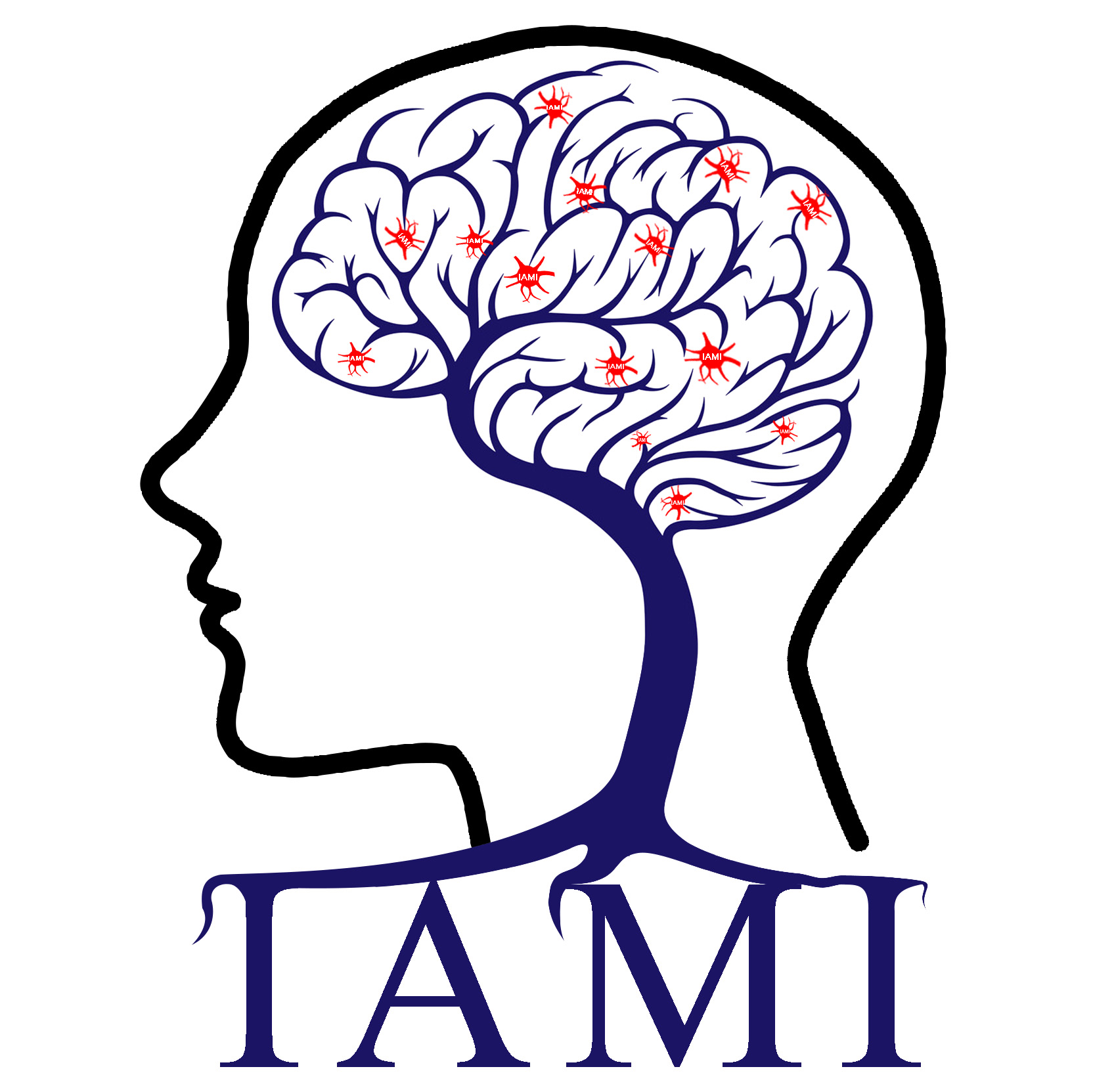
Yuhui Du Personal Website-Intelligent Analysis of Medical Image
Address:Taiyuan, China
Yuhui Du*, Elena A Allen, Hao He, Jing Sui, Lei Wu, Vince D Calhoun. Artifact removal in the context of group ICA: a comparison of single-subject and group approaches. Human Brain Mapping, 2016, 37(3): 1005-1025. (TOP journals, SCI division of Chinese Academy of Sciences: 2, impact factor: 5.038)
时间:2019-06-12 16:04:55 来源: 点击:[1009]
Abstract
Independent component analysis (ICA) has been widely applied to identify intrinsic brain networks from fMRI data. Group ICA computes group-level components from all data and subsequently estimates individual-level components to recapture intersubject variability. However, the best approach to handle artifacts, which may vary widely among subjects, is not yet clear. In this work, we study and compare two ICA approaches for artifacts removal. One approach, recommended in recent work by the Human Connectome Project, first performs ICA on individual subject data to remove artifacts, and then applies a group ICA on the cleaned data from all subjects. We refer to this approach as Individual ICA based artifacts Removal Plus Group ICA (IRPG). A second proposed approach, called Group Information Guided ICA (GIG-ICA), performs ICA on group data, then removes the group-level artifact components, and finally performs subject-specific ICAs using the group-level non-artifact components as spatial references. We used simulations to evaluate the two approaches with respect to the effects of data quality, data quantity, variable number of sources among subjects, and spatially unique artifacts. Resting-state test-retest datasets were also employed to investigate the reliability of functional networks. Results from simulations demonstrate GIG-ICA has greater performance compared with IRPG, even in the case when single-subject artifacts removal is perfect and when individual subjects have spatially unique artifacts. Experiments using test-retest data suggest that GIG-ICA provides more reliable functional networks. Based on high estimation accuracy, ease of implementation, and high reliability of functional networks, we find GIG-ICA to be a promising approach.

 Current location:
Current location: